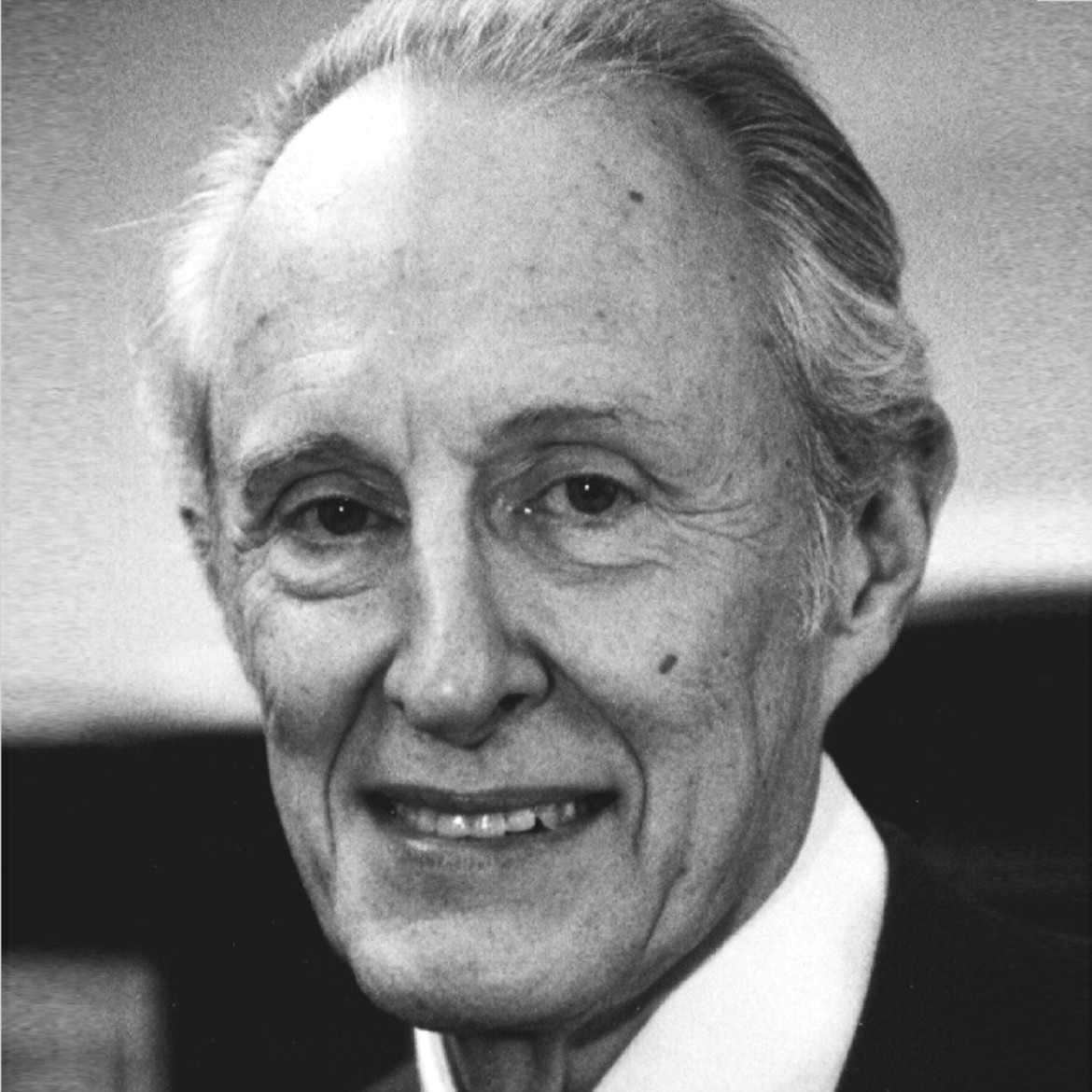Candidates for Secretary: Roger Peele, M.D.

Roger Peele, M.D.
Chief Psychiatrist, Montgomery County, Maryland ♦ APA Secretary, 2010- ♦ Clinical Professor, George Washington University ♦ Member, Board of Trustees, 1986-87, 1989-1992, 2001- ♦ Assembly, 1975- ♦ DSM-III work groups (1975-80), DSM-III-R Task Force (1983-87), DSM-IV Task Force (1989-1994), DSM-5 Task Force (2007-) ♦ Coauthor: Clinical Manual of Supportive Psychotherapy
Three key roles for the secretary are:
■ The approval of the minutes,
■ Reviewing potential conflicts of interest within APA, and
■ Voting on all issues that come to the Board of Trustees.
■ Minutes:
The superb official minutes developed by APA staff have been brought to the attention of less than 1 percent of the APA members months after they are developed. As secretary, I am in the process of increasing the breadth and speed of their distribution.
■ Conflicts of Interest:
How APA addresses conflict of interest impacts APA's credibility. The secretary reviews disclosures for potential conflicts of interest. Clearly the secretary's own potential conflicts should be known. My campaign statements in recent years have been quite specific as to income. All members have potential conflicts. (My special interests are adequate Medicaid and Medicare payments.) I believe that the best way to address potential conflicts is not by excluding members from participation, but through specific transparency.
■ Key Issues for the Board:
A major issue the Board will address is APA's governance. My guiding principle will be to vote for proposals that increase members' opportunities to impact the direction of APA. APA members' interest may reflect the state they come from; the subspecialty they practice; or more personal interests, such as gender, race, ethnic background, or sexual orientation. It is essential that many MITs and ECPs have a role in APA's governance. I have worked to make the Assembly more representative: among my efforts, I supported minority representation to be in the Assembly, was speaker of the Assembly when it voted to add MITs, and my speaker's report (1987) advocated bringing subspecialty organizations into APA governance. This expansion of providing members with representation must continue.
Early in the coming decade, the Board must address three topics: DSM-5,Parity, and Maintenance of Certification.
As for DSM-5, my vote will be for a conservative book, as the science of the proven causes of psychiatric disorders has grown little since DSM-IV.
We must monitor parity closely to assure that the goal of absolute nondiscrimination is achieved. One opening for insurance companies to attempt to discriminate is for them to adopt their own limiting “clinical best practices.” Just as APA sets the diagnostic standards, DSM, so it must set treatment standards. Some years ago, Ron Shellow and I initiated the motion that APA develop practice guidelines. They must be kept current. We must not allow anyone else to set the standards of treatment.
Current best-practice documents are also important in the new recertification process (maintenance of certification), where it appears that we will compare our clinical work with those practices. Again, APA needs to make this effort a priority so that no other agent can claim to be the source of best practices. (Hopefully, the concept of patient participation in MOC will soon die.)
My APA activities and brief CV can be found at <RogerPeele.com>.
Primary Professional Activities and Sources of Income
Professional Activities
95%—County government:
80%—Clinical and teaching
15%—Administrative
5%—Volunteer at a primary care clinic
Income
100%—Montgomery County, Md. (about $200,000/year, including benefits)



